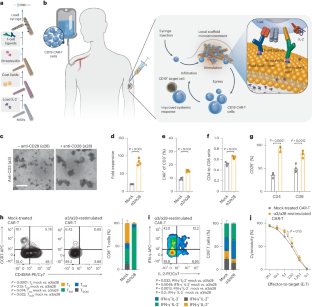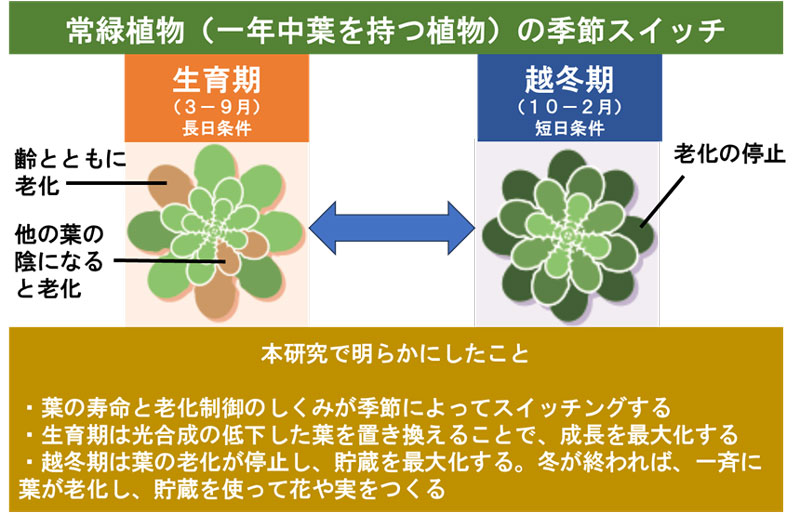2024-06-14 ハーバード大学
<関連情報>
- https://seas.harvard.edu/news/2024/06/boosting-car-t-cell-therapies-under-skin
- https://www.nature.com/articles/s41551-024-01216-4
投与前のCAR-T細胞の抗腫瘍活性を再刺激するための皮下生分解性足場 Subcutaneous biodegradable scaffolds for restimulating the antitumour activity of pre-administered CAR-T cells
David K. Y. Zhang,Joshua M. Brockman,Kwasi Adu-Berchie,Yutong Liu,Yoav Binenbaum,Irene de Lázaro,Miguel C. Sobral,Rea Tresa & David J. Mooney
Nature Biomedical Engineering Published:03 June 2024
DOI:https://doi.org/10.1038/s41551-024-01216-4

Abstract
The efficacy of adoptive T-cell therapies based on chimaeric antigen receptors (CARs) is limited by the poor proliferation and persistence of the engineered T cells. Here we show that a subcutaneously injected biodegradable scaffold that facilitates the infiltration and egress of specific T-cell subpopulations, which forms a microenvironment mimicking features of physiological T-cell activation, enhances the antitumour activity of pre-administered CAR-T cells. CAR-T-cell expansion, differentiation and cytotoxicity were driven by the scaffold’s incorporation of co-stimulatory bound ligands and soluble molecules, and depended on the types of co-stimulatory molecules and the context in which they were presented. In mice with aggressive lymphoma, a single, local injection of the scaffold following non-curative CAR-T-cell dosing led to more persistent memory-like T cells and extended animal survival. Injectable biomaterials with optimized ligand presentation may boost the therapeutic performance of CAR-T-cell therapies.

